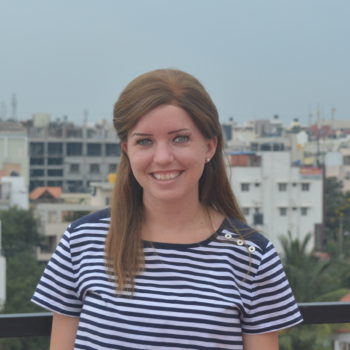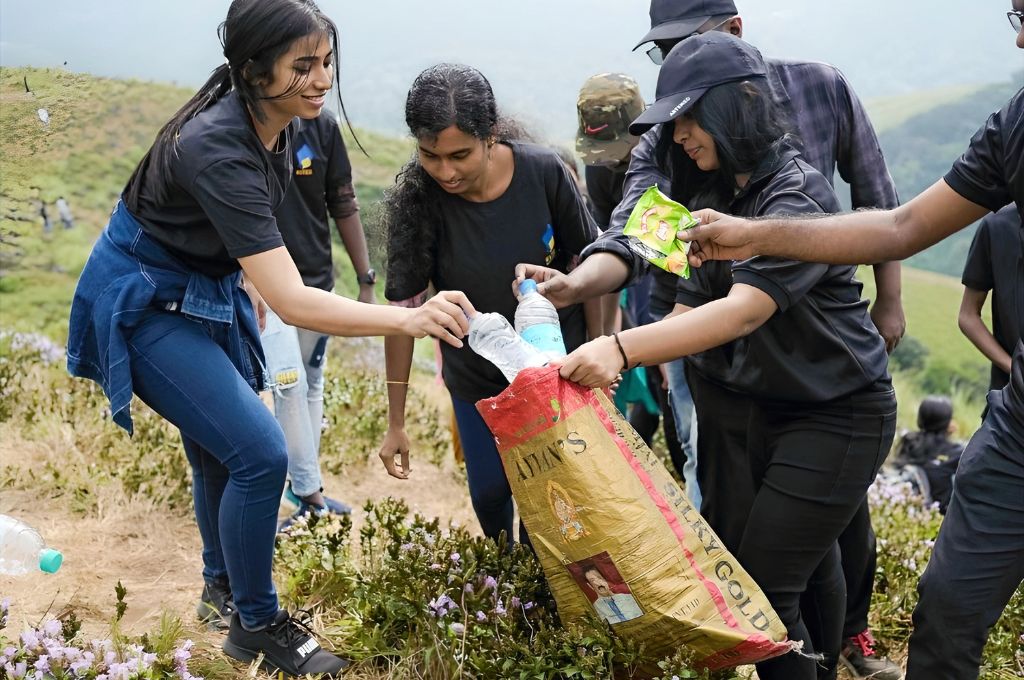There are a multitude of fellowships in the Indian social sector. From being focused on organisational capacity building and leadership development to something as basic as providing nonprofit exposure, these fellowships have varied goals and mixed results.
However, since most of these programmes have an organisational placement component, it is important to keep in mind the basic factors that can make placements successful for both the fellows and the host organisations.
Neha joined a fellowship after working for five years in development consulting. She wanted to be more hands-on and learn about drivers of behaviour change. She hoped to use her expertise gained by building models in health in her consulting firm, to directly impacting development at the grassroots level. Placed with a sanitation organisation, Neha hoped to eventually craft a solution to why there was a lack of toilet usage despite a surplus of toilets being built in the villages where the nonprofit worked.
Reality, though, was different from what she had expected. Transportation to the project sites was erratic and largely unavailable to her. The organisation was focused on securing CSR funds and did not have the people to follow through and gain a deeper understanding of behaviour change. Neha, on her part, was unaware of the resource constraints faced by most nonprofits and did not spend enough time understanding the ground realities before setting her goals.
How could the organisation and Neha have worked better to meet expectations on both sides for a mutually beneficial relationship?
Establish clear communication lines
During the interview process, it is essential for both parties to ask questions and understand the resources available and the needs of the programme. Communication should include expectations on the part of the organisation as well as the fellow.
If the organisation had communicated what resources would be available to a fellow, Neha would have realised that she would not be able to easily travel to the project sites; she could then have adjusted her expectations. If Neha had communicated her desire to spend more time in the field, the organisation could have identified ways to host her at a field site.
At Amani Institute, our team completes personal ‘user manuals’ that identify each team members’ values, working styles and communication preferences. This is shared with the organisation and serves as a starting point to understand expectations and accommodate each other’s needs.

It’s important to establish clear communication lines and understand each other’s limitations
Understand the other’s limitations
Fellows should be realistic about the capacity and skills needed in an organisation; they sometimes get caught in a mindset of wanting to augment their own skills at the expense of the organisation’s needs.
Nonprofits usually hire fellows because they are resource constrained but need access to skills that would help them deliver better. Creating a job description for the fellowship position with specific desired results can help nonprofits communicate their requirements while also helping the fellows adjust their expectations and obtain meaningful outcomes for themselves.
Related article: Social sector fellowships — Why they matter
In order to be successful, fellows should familiarise themselves with the sector, understand the organisation’s limitations, speak to past fellows within the organisation, understand what can be achieved during their fellowship’s duration. They can do this by speaking to professionals, reading about the sector as a whole, and keeping an open mind when they enter their organisation.
Nonprofits, for their part, must understand that many people who join fellowships are skilled professionals seeking a career shift into the social sector. They should be treated as a part of the organisation and given specific tasks that draw upon their skill sets.
For instance, a fellow with an engineering background is best suited to work on technology-related work in an organisation rather than editing newsletters. While this seems simple, it is unfortunately too common in the sector to not leverage the skills and experience of fellows.
Let there be learning for all
As the organisation gets to know the fellow, pointing out strengths and areas of development that the fellow themselves may not have identified will help them further develop their skills. If the fellow has skills that are lacking in the organisation, they should also be willing to help facilitate this learning among their co-workers.
Thus, investing time and effort to identify and mitigate potential issues early on can dramatically improve the nature and quality of experience for both the fellow and the host organisation. Both Neha and her organisation could have enjoyed a better relationship together through improved communication and understanding. Although Neha did not achieve her initial goal of understanding behaviour change, she did gain a new perspective about grant implementation.




